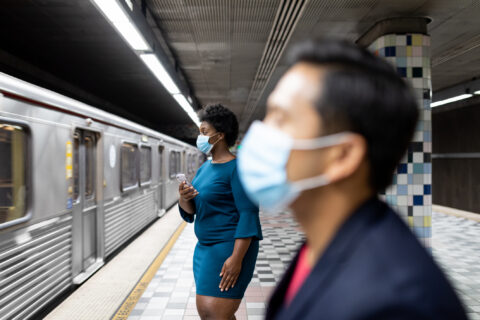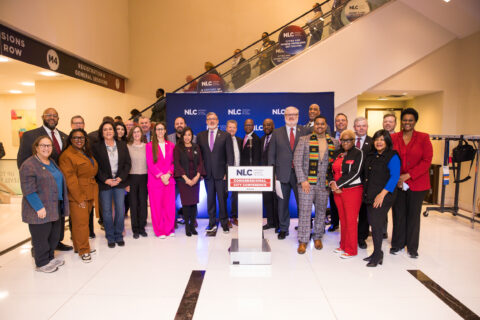Justice Breyer rejected a challenge to Maine’s requirement that all healthcare workers be vaccinated against COVID-19. In Jane Does 1-6 v. Mills the challengers claim the vaccine requirement violates their First Amendment free exercise of religious rights and Title VII due to a lack of a religious exemption. Challengers contend that the “development of the three COVID-19 vaccines employed or benefitted from the cell lines of aborted fetuses.”
From 2001 until 2019 Maine’s statute requiring mandatory vaccines for health care workers contained an exemption for medical reasons and religious and philosophical objections. In 2019 the Maine legislature repealed the religious and philosophical exemptions. In a statewide referendum 72% of voters favored the change.
A federal district court in Maine refused to issue a preliminary injunction preventing the law from going into effect. The First Circuit affirmed without issuing a written opinion.
Regarding the challenger’s free exercise of religion claim, the district court cited to Employment Division v. Smith (1990). In that case, the Supreme Court held that a law that infringes on religious practice is subject to rational basis review (meaning it will likely be constitutional) if it is “neutral and generally applicable.” If a law burdening religious practices isn’t “neutral and generally applicable” strict (generally fatal) scrutiny applies.
The challengers claimed that the vaccine mandate isn’t neutral because religious exemptions are treated less favorably than medical exemptions. They cited to Tandon v. Newsome (2021). In that case the Supreme Court struck down a California regulation prohibiting indoor private gatherings of more than three households during the COVID-19 pandemic, including private religious gatherings, but allowed groups of more than three households to gather in public settings, such as hair salons, retail stores, and restaurants.
According to the district court, in Tandon the Supreme Court held that “comparable secular activity” can’t be treated more favorably than religious exercise. Medical exemptions and religious exemptions aren’t comparable, the district court reasoned. “Reducing the risk of adverse medical consequences for a high-risk segment of the population is essential to achieving the public health objective of the vaccine mandate. A religious exemption would not address a risk associated with the vaccine mandate’s central objectives.”
The challengers likewise argued that Maine’s vaccine mandate is not generally applicable because it favors medical reasons over religious reasons. The district court disagreed: “The medical exemption at issue here was adopted to protect persons whose health may be jeopardized by receiving a COVID-19 vaccination. The exemption is rightly viewed as an essential facet of the vaccine’s core purpose of protecting the health of patients and healthcare workers, including those who, for bona fide medical reasons, cannot be safely vaccinated. Because the medical exemption serves the core purpose of the COVID-19 vaccine mandate, it does not reflect a value judgment prioritizing a purely secular interest . . . over religious interests.”
The district court ultimately concluded Maine’s vaccine mandate passed both rational basis and strict scrutiny review.
The challengers also brought claims against their hospital employers for refusing to grant them a religious accommodation under Title VII. Title VII prohibits employment discrimination on the basis of religion and requires that employers “offer a reasonable accommodation to resolve a conflict between an employee’s sincerely held religious belief and a condition of employment, unless such an accommodation would create an undue hardship for the employer’s business.”
The district court rejected the challengers’ Title VII argument noting that they failed to exhaust administrative remedies including filing a complaint with the Maine Human Rights Commission or the federal Equal Employment Opportunity Commission.
Before the Supreme Court the challengers renewed their First Amendment free exercise and Title VII arguments. Justice Breyer didn’t ask the state and the employers to respond, didn’t ask the other Justices to weigh in, and didn’t issue a written opinion—all indicating he didn’t think the case was particularly close.
Become a Member at NLC
Join our network and get access to timely resources, proven best practices, and connections to peer networks.









